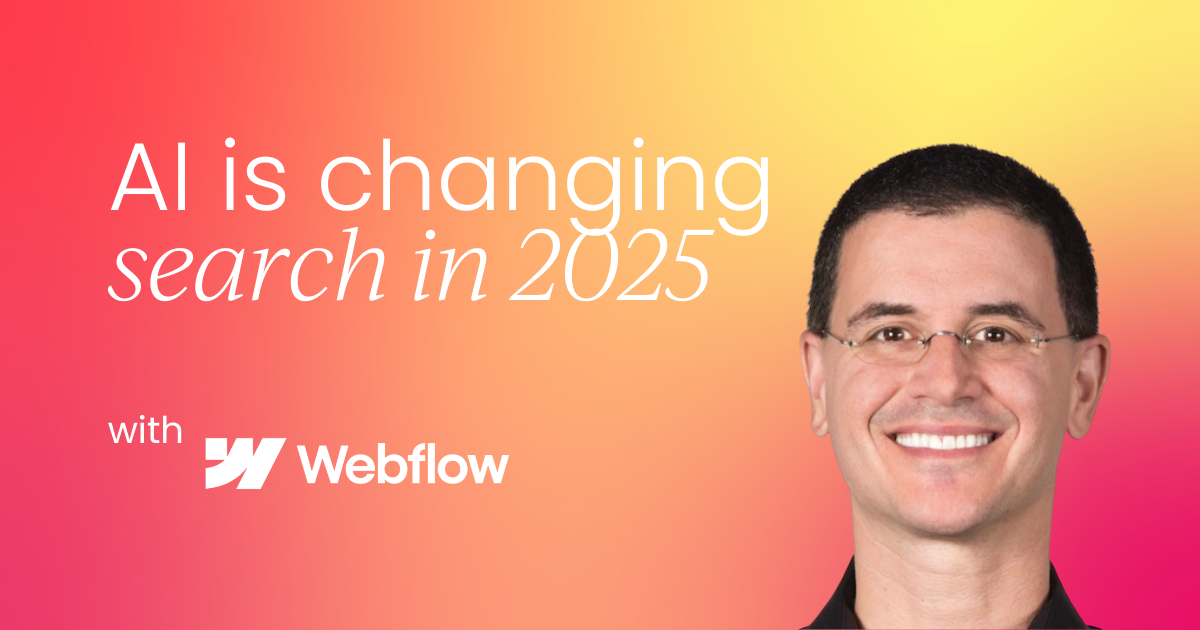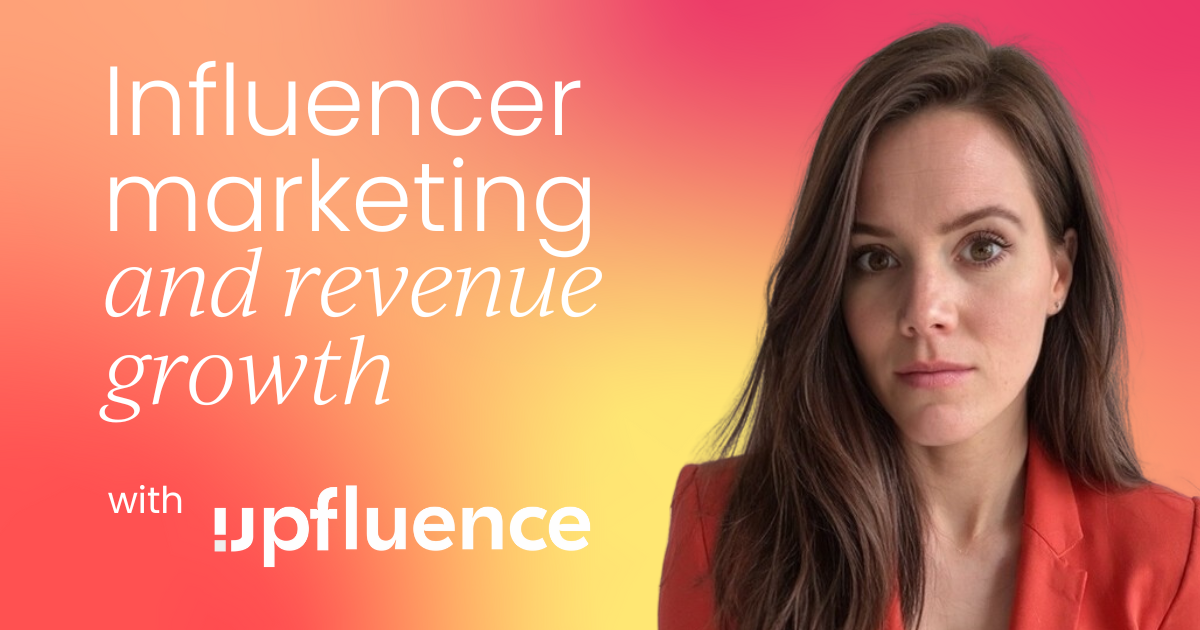Quick question: Have you seen a drop in traffic to your website in the last six months?
I’m betting the answer’s yes.
You may even have had your CEO at your desk asking, “What the heck’s going on with our traffic – and what are you doing about it?”
If it makes you feel any better, you're not alone. Over the last six to twelve months, every industry has seen a double-digit decline in search traffic. At Conductor, we analyzed a ton of websites and saw significant dips across various industries, from consumer products (-13%) to technology and software (-12%).
This downward trend can feel scary, but there's a silver lining: what you're experiencing is part of a massive, industry-wide shift. The way people search is changing, and as a result, the search engine results pages (SERPs) are being completely reconfigured.
This article will explain what's happening and, more importantly, give you a three-step strategy to adapt. We'll explore why generic content no longer works, how to find and engage with new sources of brand visibility, and what new metrics you should be tracking to prove your marketing efficacy in the age of AI search.
The new reality of search
A year ago, a typical search query might have consisted of a few simple keywords. Now, people are typing full prompts and questions into Google, ChatGPT, Perplexity, and a host of other platforms. They're having conversations with AI, and this shift is completely reshaping how brands show up – or don't show up – in the results.
The death of the 'blue link'
It used to be that owning the top spot on Google meant everything. You'd have your ad, maybe a few blue links, and your traffic would be great. But over the last six months, that's all changed.
What we're seeing now is the AI Overview (AIO) popping up at the top of the page, pushing those coveted blue links way down. On a mobile device, the blue links are often completely out of sight. For brands that relied on being number one for traffic, this is a major problem.
The volatility of AI overviews
At Conductor, we’ve analyzed over seven million keywords since October. What we found was that about 40% of those keywords are now showing an AI Overview result at some point.
This isn't a static change; it's a volatile one. An AIO might appear for a specific keyword one day and not the next. This means that a topic that drives a ton of traffic and conversions for your business could be great on Monday and then completely hidden by an AIO result on Tuesday.
This volatility is a sign of broader experimentation. Google is continuously testing new layouts. Plus, large language models (LLMs) like ChatGPT and Grok are in on the action. The same prompt can produce different answers on each platform, sometimes citing different sources.
All this means that our jobs are suddenly a lot more complicated – search and content teams now have to manage visibility in multiple places, from Google to all these AI-powered search tools. And trust me, our jobs were already complicated enough!
The good news is, there’s a way forward. But to make sense of it all, we need to look at three key shifts that will help us reclaim our place in a world where AI now calls the shots.
Observation #1: Generic is out. Expertise is in.
The first step is to recognize that the type of content that used to work is no longer effective. Those generic, transactional keywords and "how-to" articles that were once a source of huge traffic are now prime candidates for an AIO. An AI can easily answer questions like "How to create an Instagram business account" or "What is kombucha?"






.png)









 Follow us on LinkedIn
Follow us on LinkedIn




